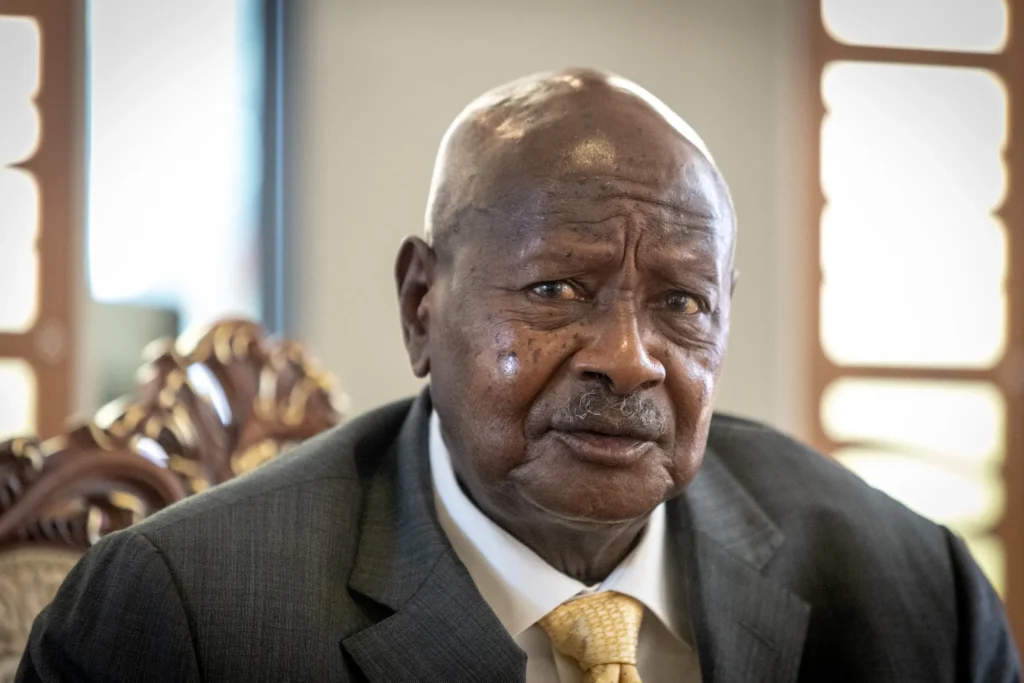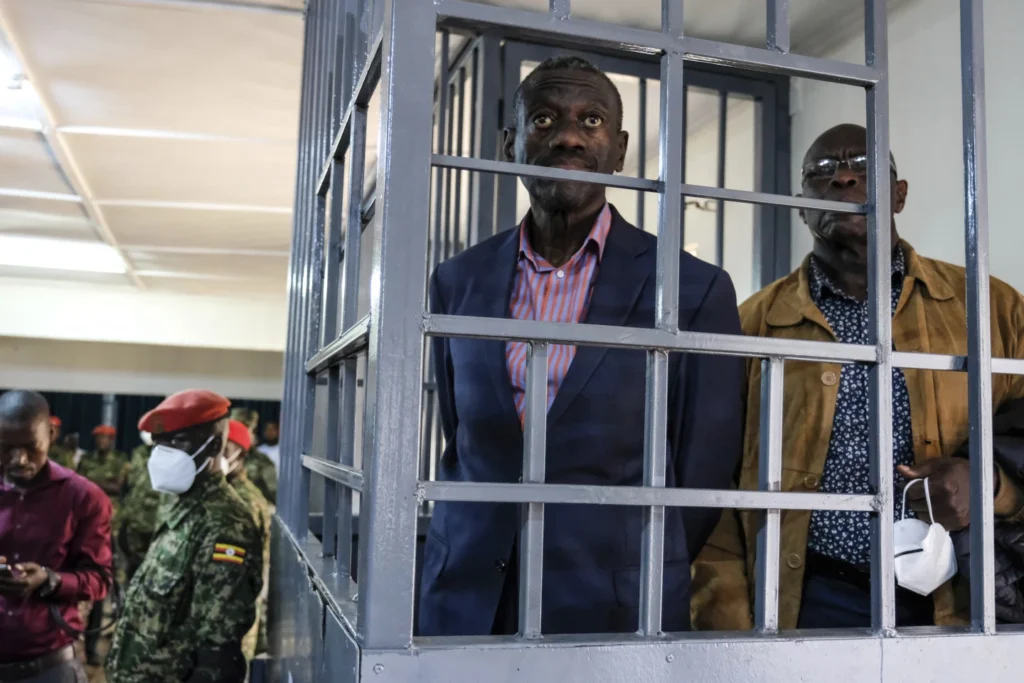Uganda’s largest opposition party has taken legal action to challenge a controversial new law that restores the power of military tribunals to prosecute civilians, a move critics say undermines justice and targets political dissent.
On Wednesday, the National Unity Platform (NUP) filed a petition in the Constitutional Court seeking to nullify the legislation, which President Yoweri Museveni signed in June after its passage by parliament the previous month.
The Supreme Court had earlier barred the military from trying civilians, ruling in January that such tribunals lacked the “legal competence to conduct criminal trials in a fair and impartial manner.” Despite this, the new legislation reinstates the practice, drawing sharp criticism from human rights advocates.
For years, both local and international rights groups have accused Museveni’s government of using military courts to punish political opponents. Museveni, 80, has led Uganda for nearly four decades, and critics say the law serves as yet another tool to silence dissent ahead of the 2026 presidential election.

His government has consistently denied such claims, insisting that military tribunals are used only for civilians who employ firearms in acts of political violence.
NUP lawyer George Musisi confirmed the petition, while the party’s secretary general, Lewis Rubongoya, accused lawmakers of procedural misconduct. “They violated all the processes that they should follow while passing laws,” Rubongoya told reporters outside court, citing inadequate public consultation.
Party Leaders Cite History Of Military Prosecutions in Uganda
Many senior NUP figures, including its leader Bobi Wine — a former pop star turned political challenger — have previously been prosecuted in military courts. Wine is preparing to run against Museveni in next year’s election, making the timing of the law’s passage politically charged.
Following Museveni’s endorsement of the bill, then-army spokesperson Chris Magezi defended the law, saying it would “deter the formation of militant political groups.” Museveni’s son, General Muhoozi Kainerugaba, who serves as the military chief, publicly congratulated lawmakers for approving it.
The Supreme Court ruling earlier this year had forced the transfer of opposition figure Kizza Besigye’s military trial to a civilian court. Besigye, facing charges including treason, has remained in detention for nearly nine months and has been repeatedly denied bail.

Since seizing power in 1986 after a guerrilla war, Museveni has become one of Africa’s longest-serving leaders. His grip on power has been sustained by constitutional amendments removing presidential term and age limits, enabling him to run again in 2026. Should he win, his tenure could stretch close to half a century.
Initially hailed as a liberation hero who promised peace and democratic governance, Museveni’s image has shifted over time. While credited with stabilizing Uganda and driving development, his administration is also marked by the suppression of opposition voices, including arrests, intimidation, and laws such as the 2013 Public Order Management Act.
Security forces loyal to him have been implicated in extrajudicial killings and abductions — allegations widely condemned by human rights organizations. Critics argue that his prolonged rule has entrenched authoritarianism and stifled genuine political competition.
Museveni’s strongest political rival, Bobi Wine, has become a figurehead for a younger generation demanding change. Despite his growing popularity, the ruling party’s dominance over state institutions and the media has kept the opposition on the defensive.
In a recent speech, Museveni portrayed his leadership as a service to the nation, not a personal pursuit of power, pledging to guide Uganda towards middle-income status through ambitious economic reforms. Yet, his detractors say the country remains “caught between the promise of progress and the realities of political repression.”
Uganda now finds itself at a critical political juncture — a place where legal reforms, electoral ambitions, and public discontent intersect, shaping the road to 2026.
READ ALSO: Government’s 2025 Deficit Target at Risk Despite Strong First-Half Expenditure Restraint



















